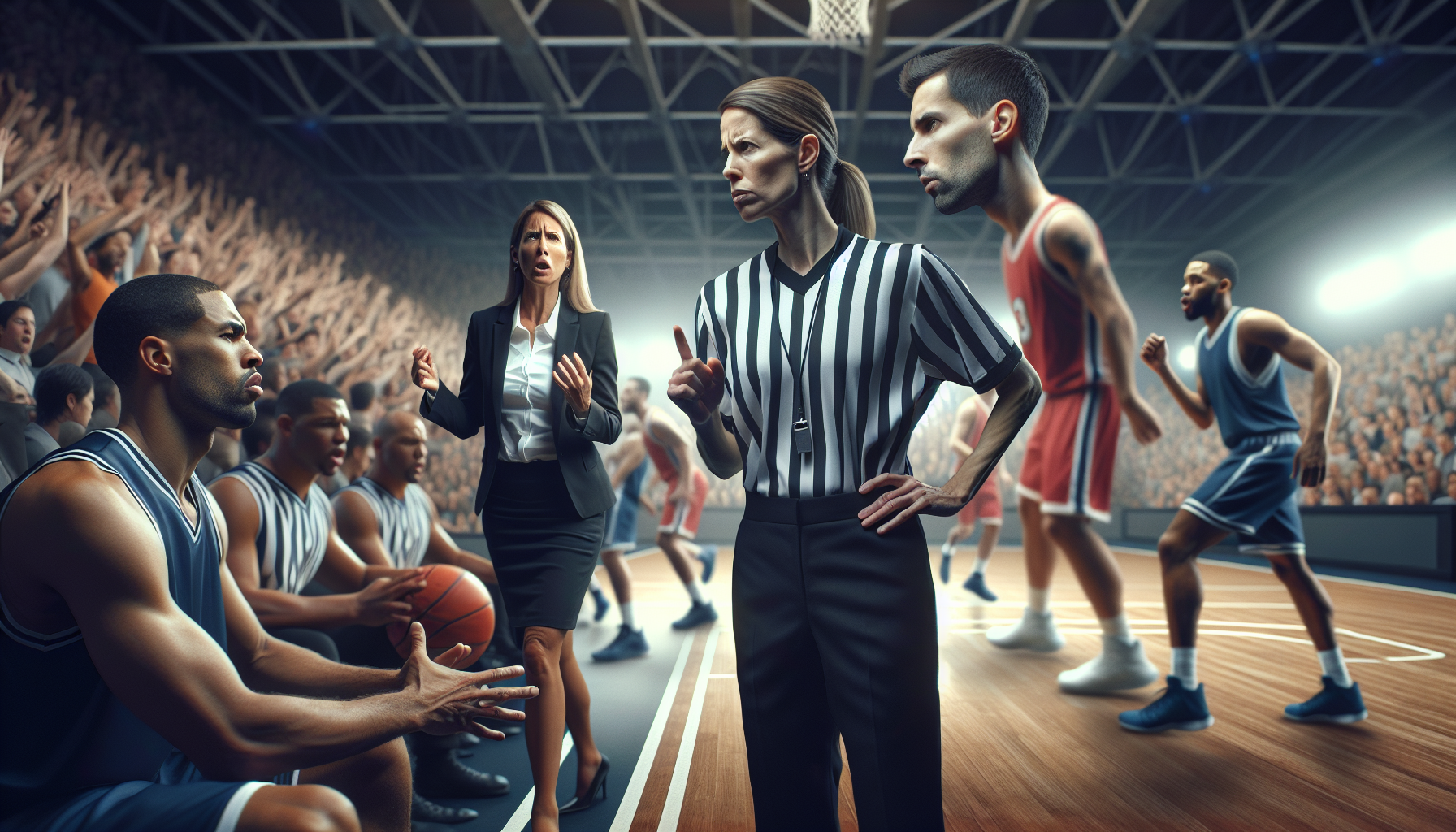In a heated WNBA Finals matchup, the Minnesota Lynx found themselves embroiled in controversy over officiating decisions that have captured the attention of the sports community. When Lynx coach Cheryl Reeve openly criticized the officiating, it sparked discussions about the role of referees in high-stakes games and their influence on the outcome of championships. This article delves into the multifaceted issue of officiating in sports, the perspectives of various stakeholders in the WNBA, and the broader implications for the league.
The Officiating Controversy
When Coach Cheryl Reeve expressed her dissatisfaction with the refereeing during the WNBA Finals, she ignited a debate that has been simmering in professional sports for years. Many within the Lynx organization and their fanbase felt that the calls made—or not made—by officials had a significant impact on the team’s performance and, ultimately, their chances of securing a championship victory.
Despite the skill and dedication displayed by players on both sides, Reeve argued that inconsistent officiating overshadowed the athleticism and strategy that were supposed to be front and center in the finals. This assertion has led many to question whether the current officiating standards are adequate for such pivotal games.
The Role of Officiating in Competitive Sports
Officials in sports are tasked with maintaining fair play, ensuring safety, and upholding the rules of the game. However, their decisions can sometimes lead to controversy, particularly in high-pressure situations like the WNBA Finals. Referees are human, and their interpretations of rules can vary, leading to contentious calls that spark debate among coaches, players, and fans. As sports analysts often point out, the subjective nature of officiating means that no two referees may see one play in exactly the same way.
This challenge is not unique to the WNBA. As with other professional leagues, the integrity of the game relies heavily on the credibility and performance of referees. Some stakeholders argue for the necessity of technology-assisted refereeing systems, such as basketball’s version of VAR (Video Assistant Referee), to minimize human error and improve decision-making accuracy.
Perspectives Within the WNBA Community
The issue of officiating often divides the WNBA community. Here are some common perspectives:
The Impact on the WNBA
The Lynx’s finals controversy is not just an isolated incident—it reflects broader issues that can impact the reputation and growth of the league. The WNBA, like any professional sports league, strives for excellence and fairness in its competitions. Maintaining a high standard of officiating is essential to achieving this goal.
Consistency in officiating helps to build trust among teams, players, and fans. When stakeholders believe that every effort is made to ensure fair play, it enhances the league’s credibility and appeal to a broader audience, supporting overall growth.
Paving the Way Forward in Sports Officiating
As the WNBA and other leagues analyze the ongoing debate surrounding officiating, certain potential improvements are often discussed:
Conclusion: The Future of WNBA Officiating
As the dust settles on the WNBA Finals and the controversy surrounding the officiating, a larger conversation emerges about improving officiating standards across sport. Coach Reeve’s remarks may have been a lightning rod in the moment, but they contribute to a necessary dialogue about evolving and professionalizing officiating practices in the WNBA.
The league finds itself at a crossroads where it can choose to innovate and lead by example in sports officiating. By addressing the concerns that have been highlighted, the WNBA can ensure its games are judged with precision and fairness, maintaining the integrity that fans and participants alike expect. In doing so, they have the opportunity to not only resolve current issues but also set a benchmark for other leagues to emulate.
For further reading, explore the principles of effective sports officiating from reputable sources: [ESPN Commentary on Refereeing](https://www.espn.com/refereeing) and [WNBA Official Rules and Standards](https://www.wnba.com/rules-standards/). These references provide insight into the complexities and challenges officials face within the sporting arena.

